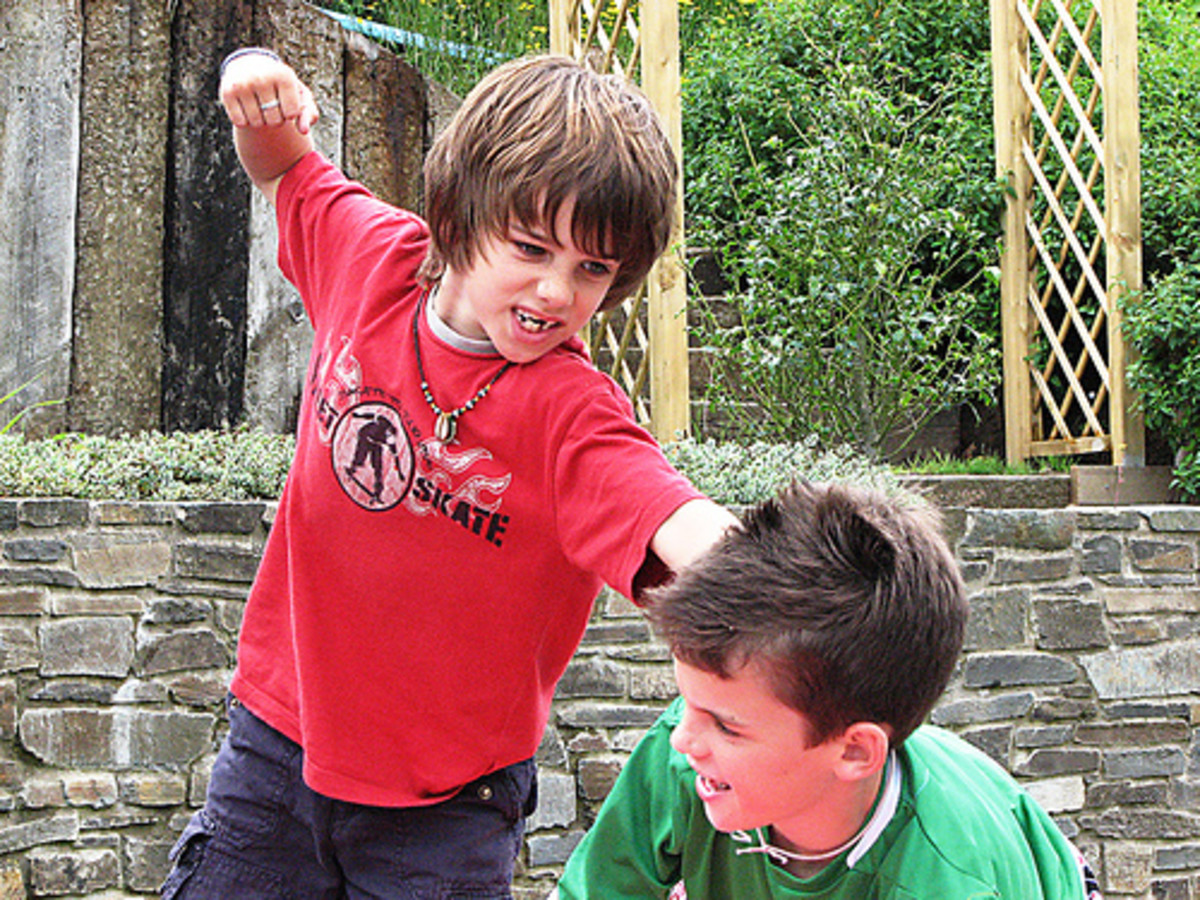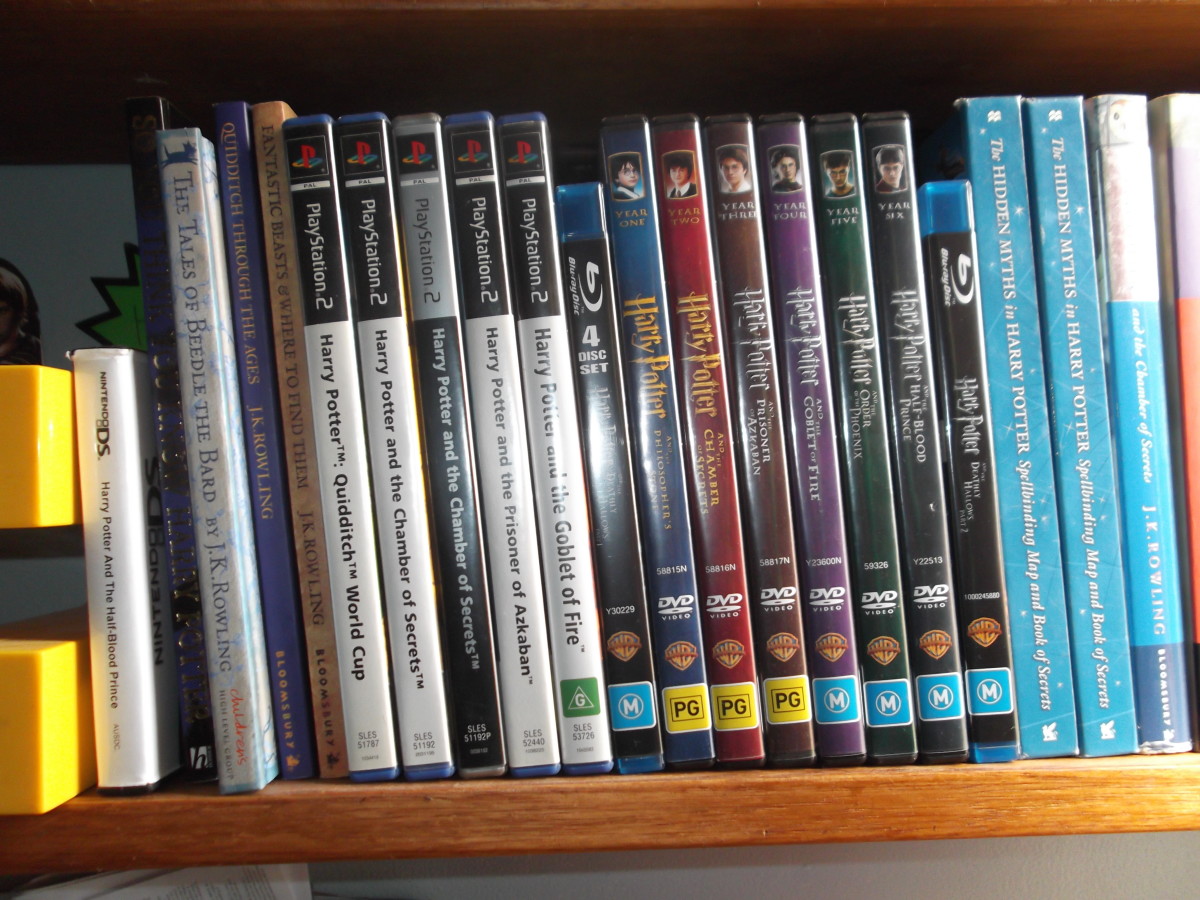How to teach good habits and manners to a bad kid
Show you care
As a teacher with some 20 years experience behind me, I can't say I have ever met "bad" kids. If they are "bad" there is usually a very good reason and it usually (not always but usually) due to poor parenting.
There are hundreds of books on the subject and they all have different methods but none of them will work unless you absolutely and unconditionally love your child.
Most children's poor behaviour is due to attention seeking and some crave more attention than others because they feel insecure in their parent's love (rightly or wrongly but it is their perception that matters).
Children don't misbehave without an audience and they would rather be scolded than be shown indifference. Make sure you spend quality time with them and establish a pattern of communication from an early age which will make things so much easier when they are teenagers.
The best advice is start as you mean to go on. Make them say "please" and "thank you" as soon as they can say "I want". I used to call "please" the magic word because I would be deaf to all requests unless I heard it and not let go of any requested object until I heard the other magic word "thank you". Praise them lavishly when they get it right. And "no" means "no"!
Don't make the mistake of laughing at bad behaviour which can be quite cute when they are small but not so desirable when they are older. Don't get angry but don't smile. It is your duty as a parent to teach your child right from wrong. Too many parents have abdicated that responsibility and are blaming everyone else for their sadly often very young children's out of control behaviour.
Children imitate their parents so it is quite unreasonable if you swear, for instance, to expect your children not to do the same. You have to set a good example. If you talk with your mouth full, so will they. They see you as a role-model.
Be extremely consistent. Children love parameters, rules, consistency, rituals and routines. It makes them feel secure. For instance if you decide that their bedtime is 6pm then it must be 6pm every day. If you read a bedtime story, it must be every day, not when you feel like it.
Always try to explain why you want them to do or not do something. They will remember it much better and not resent it.
Keep them occupied, stimulated and interested, plan activities that you can do together. Bored children will misbehave. Try to do a physical activity every day like sport or even a walk in nature.
I am a great advocate of positive discipline and to correct bad behaviour. It's a very simple method and it takes a while to work to full effect but the results are spectacular and permanent. It works in the classroom and at home and, unlike other methods, it leaves everyone feeling good.
It works like this. If a child does something you don't like, you wait until he either stops doing it or does the same thing in a way that you like. As soon as that happens, you immediately give him lavish praise and display a huge amount of pleasure or even give him a reward. If he returns to the offensive behaviour, you register disappointment. With time, there will be more of the good and less of the bad. Basically you "catch them at being good". That good behaviour is sometimes quite difficult to find. I'll give you an anecdote from my teaching days. I had a pupil who was a chatterbox and just would not stop talking during lessons. He wasn't loud but it was annoying and he was not doing his work properly. One day, when he had been quiet for a few minutes, I said to him. "Thomas, well done! I am really pleased with you, you have been quiet for 5 minutes and you have got on with your work. That's brilliant". Now you might think that was ironic but I actually meant it sincerely and the effect on him was nothing short of miraculous. Every subsequent lessons, he actually timed his silence and reminded me to praise him. We never had any problem after that and his work improved as a result.
Try to use positive expressions rather than negative ones. Always keep calm when telling a child off and always criticize the behaviour and not the child. It's OK to say "you are behaving stupidly" meaning you could behave intelligently if you wanted to but it is never, never OK to say "you are stupid". That way lies future trauma. You must respect your children if you want them to respect you.








